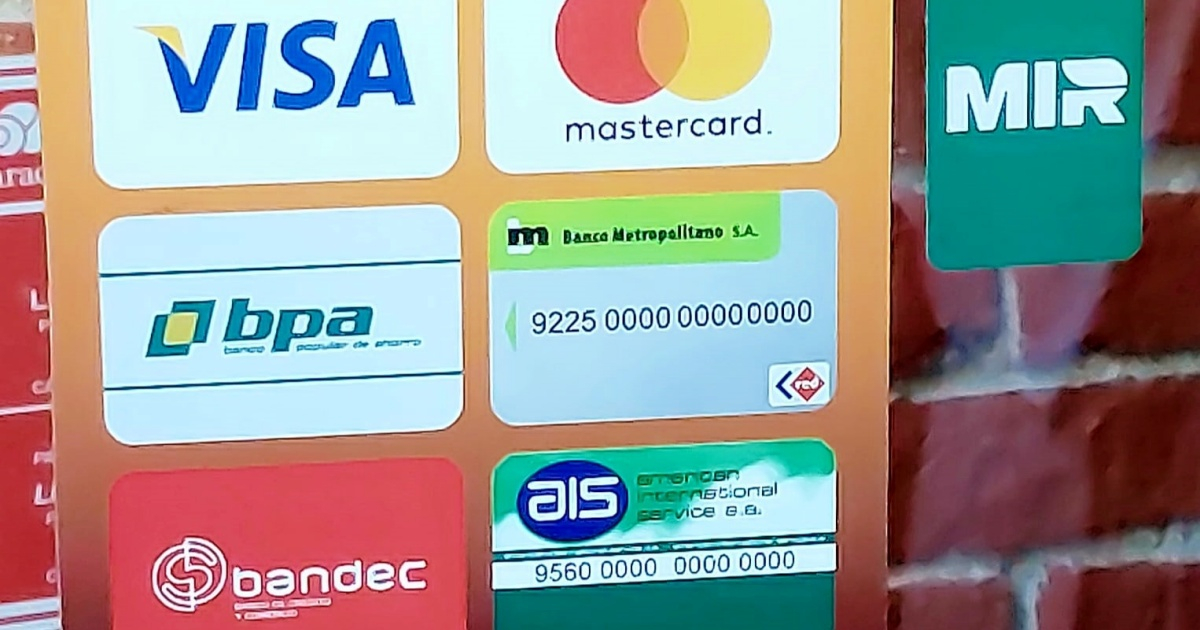
Related videos:
Financiera Cimex S.A. (FINCIMEX) announced that starting from midnight on Monday, January 27, there will be a temporary six-hour interruption in the use of all magnetic cards in circulation in Cuba, including those issued by Cuban banks as well as foreign ones.
"This system downtime is being carried out to implement essential technological updates in card processing", reported FINCIMEX S.A. on its official Facebook profile.
The service is expected to resume at 6:00 a.m., adhering to the scheduled time.
The interruption will affect cards such as REDSA, AIS, Clásica, Visa, MasterCard, Union Pay, and MIR.
However, the national payment platforms, Transfermóvil and EnZona, will remain operational during this period.
Similarly, the service stations operating in Cuban pesos (CUP) will not be included in the disruptions, although the availability of fuel at these locations is limited.
To minimize inconveniences, users are advised to use cash in establishments that accept it, especially those that operate in Freely Convertible Currency (MLC).
The company apologized for the inconveniences caused and thanked the community for their understanding of the measure.
FINCIMEX, part of the military conglomerate GAESA, manages magnetic cards, international remittances, and electronic payments in Cuba.
Since 2020, it has faced restrictions due to U.S. sanctions that have limited the flow of remittances, prompting the regime to create alternatives like Orbit S.A., which is also linked to GAESA.
This dependency has been reinforced by the mandatory banking requirements imposed by the Central Bank of Cuba (BCC), which mandates that businesses use point-of-sale (POS) terminals for transactions exceeding 5,000 CUP, resulting in fees that are often passed on to consumers in a context of high inflation.
As for the MIR cards, they are exclusively designed for Russian citizens and allow payments at ATMs and point-of-sale terminals in Cuba. Although they aim to increase Russian tourism on the island, their adoption is limited, with an average of 558 transactions daily.
Filed under: